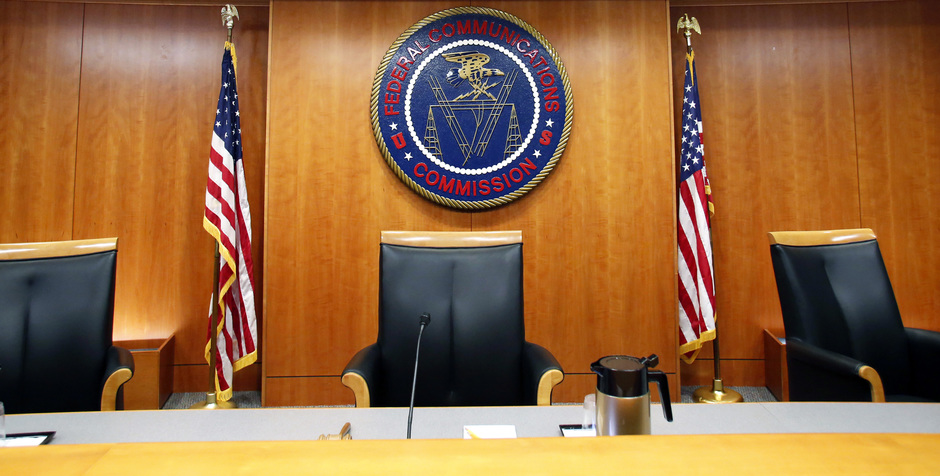Three Times a Charm: D.C. Circuit Court of Appeals Upholds FCC's Net Neutrality
A split panel at the U.S. Court of Appeals for the D.C. Circuit has upheld the Federal Communication Commission’s (FCC) 2015 net neutrality order reclassifying broadband and fixed and mobile wireless as a “telecommunications” service under Title II of the Communications Act (United States Telecom Association, et al. v. FCC and United States of America, No. 15-1063).
This decision clears the way for the FCC to continue its public-utility-style regulation designed for the railroads of the 19th century and the telephone monopolies of the 1930s. For the last twenty years, the FCC had classified the broadband and wireless business as “information services” exempt from Title II, the common carrier regime it now applies.
The case was the FCC’s third attempt to regulate the Internet. In its 2014 Verizon vs. FCC decision the Appeals Court struck down the FCC’s prior attempts at regulation under a different statutory enablement argument. To fix that, the FCC reclassified the service as a common carrier under Title II.
In their lengthy decision, Judges David Tatel and Sri Srinivasan agreed noting “consumers perceive broadband service both as a standalone offering and as providing telecommunications,” and “the Commission’s decision to reclassify broadband as a telecommunications service,” as opposed to its historical classification as an “information service” not subject to regulation, was appropriate.
Judge Stephen Williams, the panel’s dissenting vote, believed the FCC had acted arbitrarily and capriciously when it reclassified broadband, and would have vacated the regulations.
Petitioners have promised an appeal. Considering the unprecedented growth and innovation the Internet has seen since its creation in the mid-1990s when it wasn’t being regulated, and the FCC’s regulatory rein-in, the stakes couldn’t be higher.
The ACLJ will continue monitoring this case and support a free and unfettered Internet. As the Supreme Court noted in its 1994 Turner Broadcasting Systems, Inc. v. FCC decision, the availability of the widest diversity of voices in the market is a core First Amendment value. It’s hard to see how the FCC’s regulation of the Internet will help achieve that.
This article was written by ACLJ Senior Counsel Colby May.
